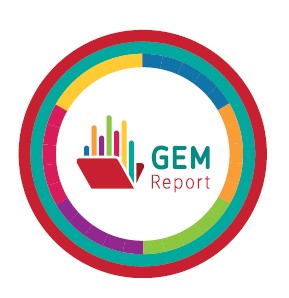
Assessment for improved learning outcomes
Learning goes beyond the ability to read, write or perform simple arithmetic to include a range of competencies needed for different purposes and life junctures of children, youth and adults. To improve learning experience and outcomes, it is important to understand what, when, where and how people learn. UNESCO’s commitments to ensuring effective and relevant learning for all emphasize the importance of having an inclusive and holistic approach to learning assessment. They also emphasize the need for all countries, especially those of low-income, to have at least one quality measure of learning by 2025 in line with wider efforts to close the data gaps that still exist and that preclude many countries from monitoring and accelerating their progress towards achieving SDG4.
UNESCO’s work in fulfilling these commitments helps diagnose, measure, monitor and report on learning progress and achievement, providing an evidence base for policy development and system strengthening, and ensuring accountability for results.
What you need to know about learning assessment?
At the system level, learning assessment is a means for understanding, measuring and improving the quality and equity of education. It deals with the large-scale collection, research, analysis, dissemination and use of information from multiple sources on what learners know and what they can do with what they have learned, which and how different factors affect their learning, and how these competencies are distributed among different groups of learners. It forms part of the monitoring and evaluation process to assess how well the education system is performing to deliver expected learning outcomes. The evidence and insights drawn from learning assessments provide a solid basis for building more effective policies and strategies to improve the curriculum, pedagogy, educational resources and all other related conditions for better learning outcomes in harmony with each country’s vision and needs.
At the individual level, evaluation of student comprehension, learning needs and academic progress is conducted by teachers during a lesson, unit or course to collect detailed information that can be used to improve instruction and student learning while teaching and learning are happening (formative assessment). Assessment is also conducted at the conclusion of a specific instructional period, usually at the end of a project, unit, semester, programme or school year to evaluate learning progress and achievement.
Learning assessment uses a wide range of methods and tools to measure the level of students’ mastery of knowledge and/or skills, usually through their performance, and to understand the processes and contexts that enable or hinder their progress and achievement. The approach, methods and tools for assessment are varied which can be formal or informal, high- or low-stakes, anonymous or public, individual or collective, and often constrained by the technical and financial capacity of those concerned with the assessment.
Data collected from learning assessments provide critical information, insights and evidence for decision-making regarding certifying and validating learning, improving curricula and pedagogy and allocating resources among a range of stakeholders including learners and their families, teachers, school administrators, service providers and local communities. Together with other education data that is analyzed and contextualized, they also provide valuable insights and evidence for setting the directions and designing interventions to tackle systemic issues and challenges. Many countries, in particular those of low- and middle-income, are still struggling with a lack of student learning data, and the capacity to generate knowledge and make sound decisions on education and learning. In sub-Saharan Africa, in particular, there is a lack of data for over half of school-age children that precludes the assessment of the scale students reaching a minimum proficiency level. Without regularly collected learning data, it is impossible to know whether countries are on track to achieve the learning goals as defined in the SDG goals, or to respond effectively to learning crises such as those caused by the COVID-19 pandemic.
UNESCO is committed to supporting Member States to develop education systems to foster high quality and inclusive lifelong learning for all. With a wide network of specialized institutes, regional and country offices, and education sections at headquarters, the supports covers a wide range of domains such as assessment of learning outcomes (e.g. ERCE, RAMAA); strengthening individual and institutional capacity (e.g. UNESCO-IIEP annual courses, training tools for curriculum development); data consolidation and standardization (e.g. building concordance tables to compare results of different learning assessments); research and analysis (e.g. analyzing the links between learning assessment and the curriculum to support countries in mainstreaming challenging issues within the processes of curriculum renewal and development); and knowledge sharing and networking (e.g. NEQMAP, TALENT).
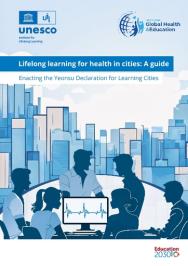
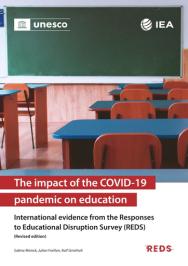
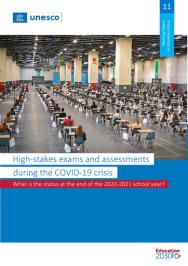

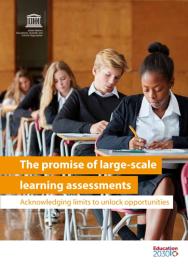
News
